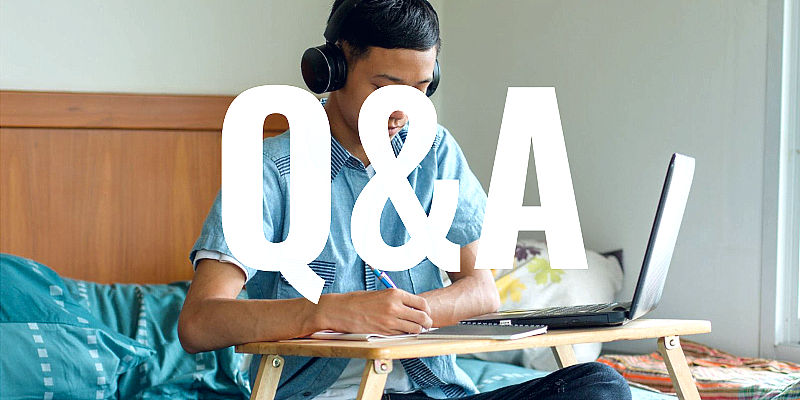
Q: Our child complains about everything and seldom seems happy.
His negative attitude is affecting his schoolwork, and I’m sure it’s hurting his ability to make friends as well.
What can we do to help him develop a more positive outlook on life?
A: The first step is to try to understand where this negativity might be coming from.
There are several possible sources. You know your child better than anyone else, and as a result you’re probably in the best position to determine which of the following profiles describes his situation most accurately.
Sometimes a negative attitude can be rooted in a child’s natural inborn temperament.
Some children are easy-going; others find it difficult to adapt to change. Some are aggressive and domineering while others tend to be quiet, shy and retiring.
In the same way, certain children have a naturally sunny disposition while others are inclined to focus on the bleak side of life.
The first group sees the glass as half full, the second as half empty.
Many studies indicate that there is a strong genetic component to these temperamental differences.
This is a factor you’ll want to consider carefully as you attempt to get a handle on your son’s attitude and behavior.
The four “humors” of Hippocratic medicine and medieval psychology — choleric (dominant, passionate, idealistic), sanguine (courageous, hopeful, light-hearted, social), phlegmatic (rational, calm, unemotional, steady), and melancholy (moody, introspective, despondent) — while not strictly “scientific” in the modern sense, can provide helpful categories for thinking about distinctive personality types.
It’s possible that your son simply has a classic melancholy temperament.
But while temperament and genetics may play an important role in a case like this, environmental influences can also be determinative.
To put it another way, children can learn to be negative from the people around them.
If mum and dad are serious about dealing with this problem, they should begin by asking themselves some honest questions. Could it be that they have modeled this kind of attitude and behavior for their children?
Even if you don’t see yourself as negative now, is it possible that either you or your spouse might have been depressed or struggling through a particularly low point in life while your son was an infant and a toddler?
If not, could it be that you’ve made the mistake of reinforcing his negativity by giving in to his complaints and coddling him?
Perhaps you did this when he was younger and are only now seeing the results.
Whether the problem is primarily temperamental or environmental in origin, you can address it by making some changes in your parenting style and methods.
Concentrate on extinguishing your child’s penchant for complaining by ignoring him when he’s negative.
Don’t give in to his dark mood. Don’t lavish him with attention when he starts moaning and groaning about something.
If he talks in bleak terms about his day at school or the birthday party he attended or some activity in which he’s just taken part, tell him you’re sorry he feels that way and then go about your business. Don’t prolong the discussion. Just move on.
On the other hand, when your son says anything remotely positive or displays the slightest bit of enthusiasm, you should reinforce this behavior by smiling, praising him, and letting him know how much you appreciate his upbeat attitude.
You could even begin rewarding him for positive statements and behavior by putting up a star chart on the refrigerator door and adding a sticker every time he says or does something that brightens your day.
That said, there is another possibility you should probably consider. There’s a chance that your son’s negative attitude could be explained in terms of physical and biological factors.
There is a psychiatric condition called dysthymia which is actually a long-term, low-grade depression. It’s often characterized by a low energy level, a lack of interest in life and even a chronic negative outlook.
If depression runs in your family, or if you suspect that your son’s problems may have some connection with dysthymia, we’d recommend that you have him screened by a qualified child psychologist or child psychiatrist.
Depression and dysthymia are often easily treated with medication or psychotherapy.
In fact, research suggests that a combination of the two treatments often produces the best results.
This article was published with permission from Focus on the Family Malaysia.
If you liked this article and would like to go deeper, we have some helpful resources at family.org.my.
FOCUS ON THE FAMILY MALAYSIA
6-2 Jalan Bersatu 13/4
46200 Petaling Jaya
Tel: +603-7954 7920
e-mail: [email protected]
URL: www.family.org.my
Facebook [focusonthefamilymalaysia]
Twitter [familiesMY]
ADVERTISEMENT
ADVERTISEMENT








































